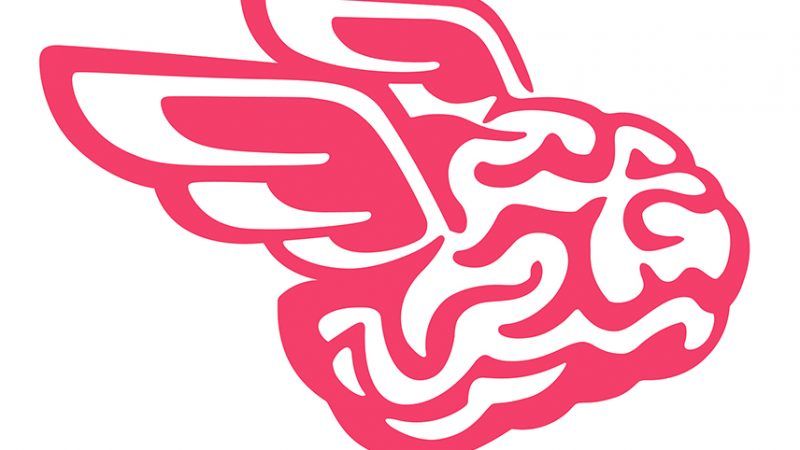Don't Homeschool Your Kids, Unschool Them
Homeschoolers are increasingly ridding themselves not just of schools but of traditional notions about schooling.

Many families leave traditional educational institutions because they value individual freedom and recognize the ways in which compulsory mass schooling can halt creativity and deter originality in the name of obedience and conformity. But too many wind up replicating the same systems at home. They import the same packaged curriculum and testing, the same gold stars and check marks, the same coercion and control inherent in the brick-and-mortar holding pens where so many children spend the bulk of their early lives.
Today, homeschoolers are increasingly ridding themselves not just of schools but of traditional notions about schooling. These so-called "unschoolers" allow children to explore topics they are passionate about, while being supported by the abundant resources of both real and virtual communities.
For California mother Heather Greenwood, this balance means encouraging her children's interests while instilling values of personal responsibility and perseverance. "For us, unschooling doesn't mean un-parenting," Greenwood says. "Our kids still have responsibilities in the house. We see much of our children's learning happening through conversation, play, and experiences. They read, listen to interesting podcasts, watch documentaries, and volunteer in the community."
Greenwood took a winding path to unschooling. Her daughters, now 17 and 12, spent time in public schools, Montessori schools, and a public charter school that offered a hybrid homeschooling option with a state-sponsored curriculum. Because she and her husband wanted more autonomy and flexibility for their kids' learning, they began independently homeschooling while following a classical curriculum, but they still found it too restrictive.
Frustrated, Greenwood began reading more about the philosophy of unschooling, including pioneering books by A.S. Neill (Summerhill), Ivan Illich (Deschooling Society), and John Holt, the educator who coined the term "unschooling" in the late 1970s. The radically different approach resonated with Greenwood, who jettisoned the curriculum and fully embraced unschooling. "When our focus was based less on the curriculum and became centered around what the kids wanted to learn about, everything changed," she explains. "I saw them take ownership of their learning and, more importantly, their life. They lead a very rich life, full of curiosity."
It can be difficult to take the leap from controlling a child's education to creating the conditions for self-education. But more parents seem to be trying. One in five homeschoolers surveyed by the National Center for Education Statistics in 2016 indicated that they "always" or "mostly" use informal learning practices, up from 13 percent in 2012. Some accept help from local self-directed learning centers and "unschooling schools." Millions of children now participate in online learning resources, including free options like Khan Academy, MIT OpenCourseWare, and Lynda.com, which is available through many public library networks.
The Open School in Orange County, California, is one such organization that makes unschooling ideals accessible to more families. Modeled after the Sudbury Valley School in Massachusetts, which celebrates its 50th anniversary in 2018, The Open School has no set curriculum, no grades, and no testing. Young people from 5 to 18 learn together in a multi-age setting where they're free to explore or seek help from adult mentors when needed. All members of the school community, adults and children alike, have equal input in establishing and executing policies and procedures.
"Some people think that self-directed education, or 'kids doing whatever they want,' means zero responsibility," says Open School educator Aaron Browder. "In fact, the opposite is true. Kids in conventional educational [settings] have very little responsibility, because ultimately the school, the teacher, or the curriculum designer is given credit for kids' success or failure. In self-directed education, the learner is making all the decisions, so they get all the credit for their own success or failure. That is responsibility."
This article originally appeared in print under the headline "Don't Homeschool Your Kids, Unschool Them."


Show Comments (191)